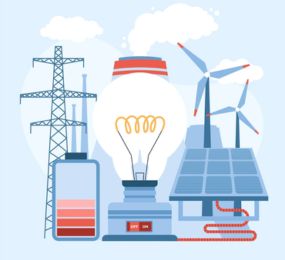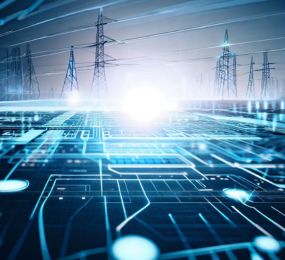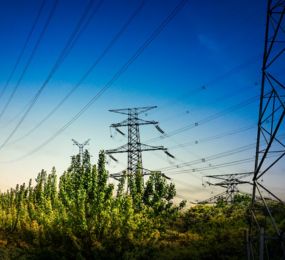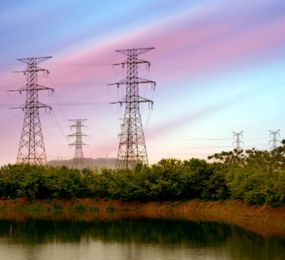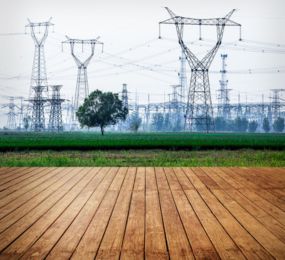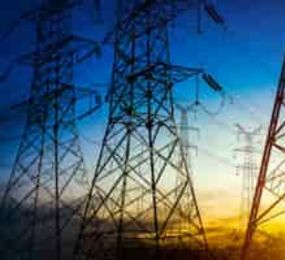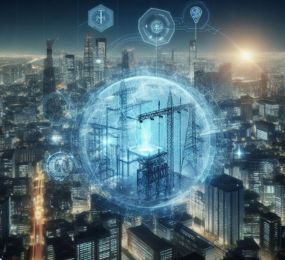In remote areas where traditional grid infrastructure is inaccessible or economically unfeasible, microgrids offer a sustainable solution for electrification. These small-scale, localized energy systems provide reliable and affordable power to off-grid villages, remote industrial sites, and underserved communities, unlocking opportunities for economic development, social empowerment, and environmental sustainability.
Microgrids provide a lifeline for off-grid communities that lack access to centralized electricity grids. By leveraging renewable energy sources such as solar, wind, or hydroelectric power, microgrids offer a reliable and sustainable alternative to diesel generators or traditional fossil fuel-based electricity generation.
Microgrids can be customized to meet the specific energy needs of remote communities, whether for residential, commercial, or industrial purposes. By integrating energy storage systems and smart grid technologies, microgrids can optimize energy distribution and ensure uninterrupted power supply, even in remote and harsh environments.
Access to reliable electricity is essential for driving economic development and improving living standards in remote areas. Microgrids empower communities to establish small-scale businesses, operate essential services such as healthcare facilities and schools, and access information and communication technologies, unlocking new opportunities for growth and prosperity.
Microgrids powered by renewable energy sources contribute to environmental sustainability by reducing reliance on fossil fuels and minimizing greenhouse gas emissions. By harnessing clean energy resources, microgrids help mitigate climate change impacts and preserve local ecosystems, ensuring a greener and more sustainable future for remote communities.
Microgrids enhance community resilience and disaster preparedness by providing a decentralized and resilient energy infrastructure. In the event of natural disasters or grid outages, microgrids can operate autonomously, providing critical power supply to emergency services, evacuation centers, and essential facilities.
Microgrids empower local communities to take control of their energy future and become active participants in energy management and decision-making processes. Community-owned microgrids foster a sense of ownership and pride, driving social cohesion and collective action toward shared goals of sustainability and prosperity.
In conclusion, microgrids offer a transformative solution for electrifying remote areas, providing reliable, clean energy access to underserved communities around the world. By harnessing the power of renewable energy and decentralized energy systems, microgrids empower communities to build a brighter and more sustainable future for generations to come.
Visit our website to register and secure your spot today! click here: https://bit.ly/3peklYc
For more information and group participation, contact us: [email protected]


